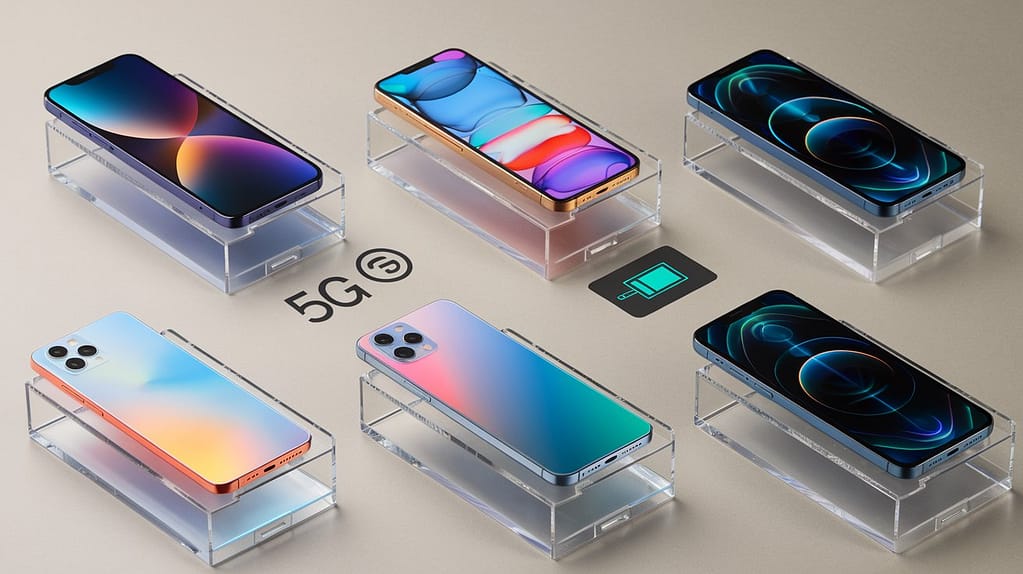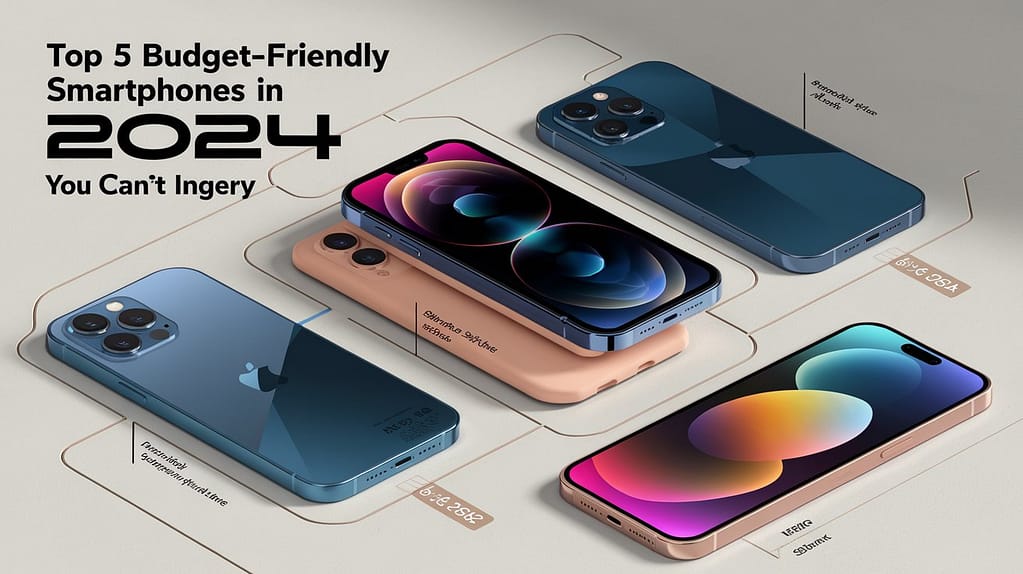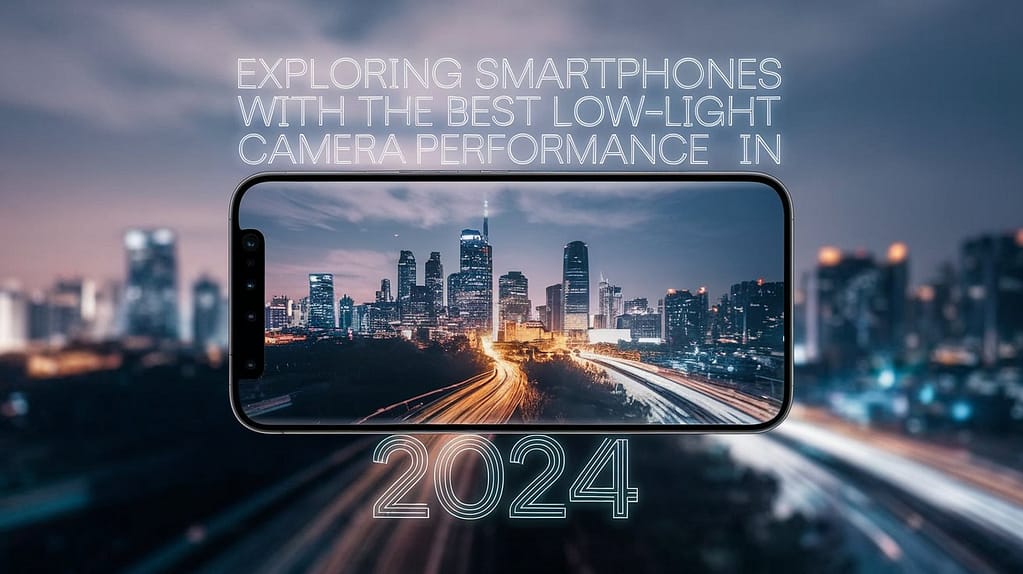
Introduction
Let’s dive in and explore Smartphones with the Best Low-Light Camera Performance in 2024.
Have you ever tried snapping a photo in dim light only to end up with a grainy mess? We’ve all been there. Low-light photography is the ultimate test for any smartphone camera, pushing its hardware and software to the limit. Whether it’s capturing a candlelit dinner, a glowing skyline, or a night out with friends, having a phone that excels in low light can make all the difference.
But why does low-light photography matter so much? And what makes some smartphones stand out from the crowd?
Table of Contents
Key Features of Smartphones for Low-Light Photography
Large Camera Sensors
A larger camera sensor can capture more light; in low-light photography, every photon counts.
- Benefits of Larger Sensors
Larger sensors provide better dynamic range and reduce noise, leading to crisper, more detailed photos. - Examples of Phones with Large Sensors
The Samsung Galaxy S23 Ultra and Huawei P60 Pro boast some of the largest sensors in the market, making them top contenders.
Aperture Size
Aperture refers to how wide the camera lens opens to let light in.
- How Aperture Affects Low-Light Photos
Wider apertures (lower f-stop numbers) allow more light to hit the sensor, improving brightness and detail. - Optimal Aperture Sizes for Smartphones
Look for phones with apertures like f/1.5 or lower for exceptional results in dark environments.
Night Mode Technology
Have you ever noticed your phone asking you to “hold still” in low light? That’s night mode working its magic.
- How Night Mode Works
It captures multiple frames at different exposures and combines them to create a single, well-lit image. - Brands with Exceptional Night Modes
Google Pixel’s Night Sight and Apple’s Night Mode lead the pack.
Software and AI Enhancements
AI has revolutionized smartphone photography, especially in low light.
- Role of AI in Low-Light Performance
AI identifies and corrects noise, enhances details, and balances color tones automatically. - Examples of AI-Driven Low-Light Photography
The Google Pixel 8 Pro and iPhone 15 Pro showcase the pinnacle of AI innovation.
Top Smartphones Excelling in Low-Light Photography
Apple iPhone 15 Pro
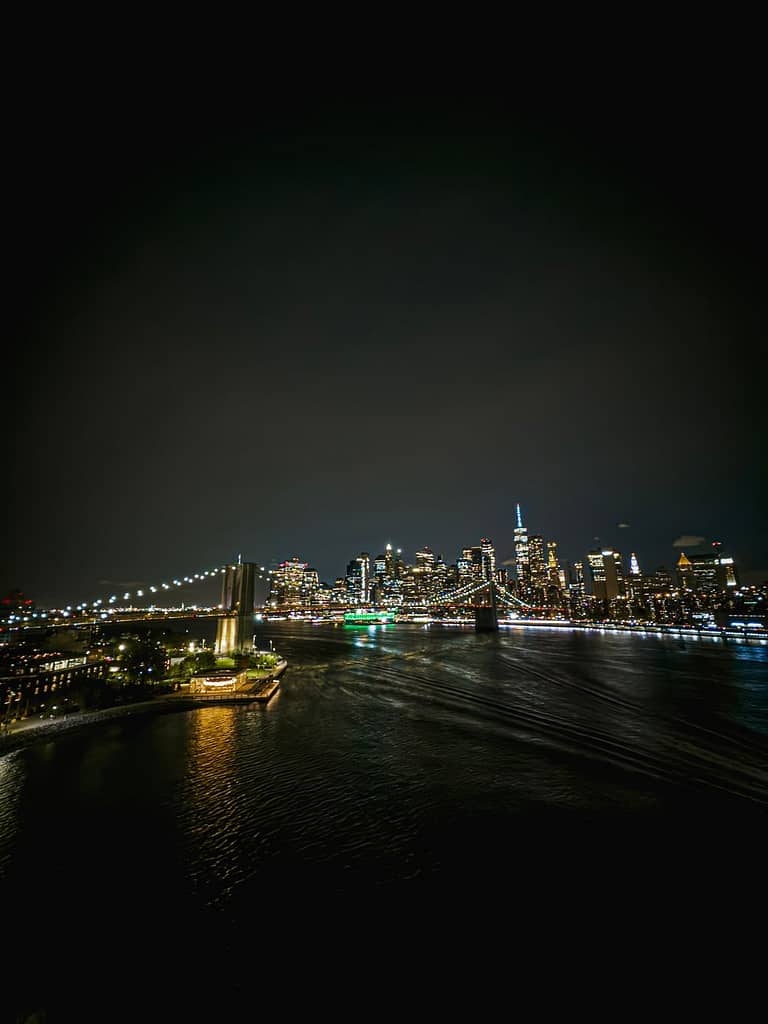
- Key Camera Features: Features like Photonic Engine and advanced HDR make it a beast in low light.
- User Experiences: Users rave about its natural color reproduction and low noise.
Samsung Galaxy S23 Ultra
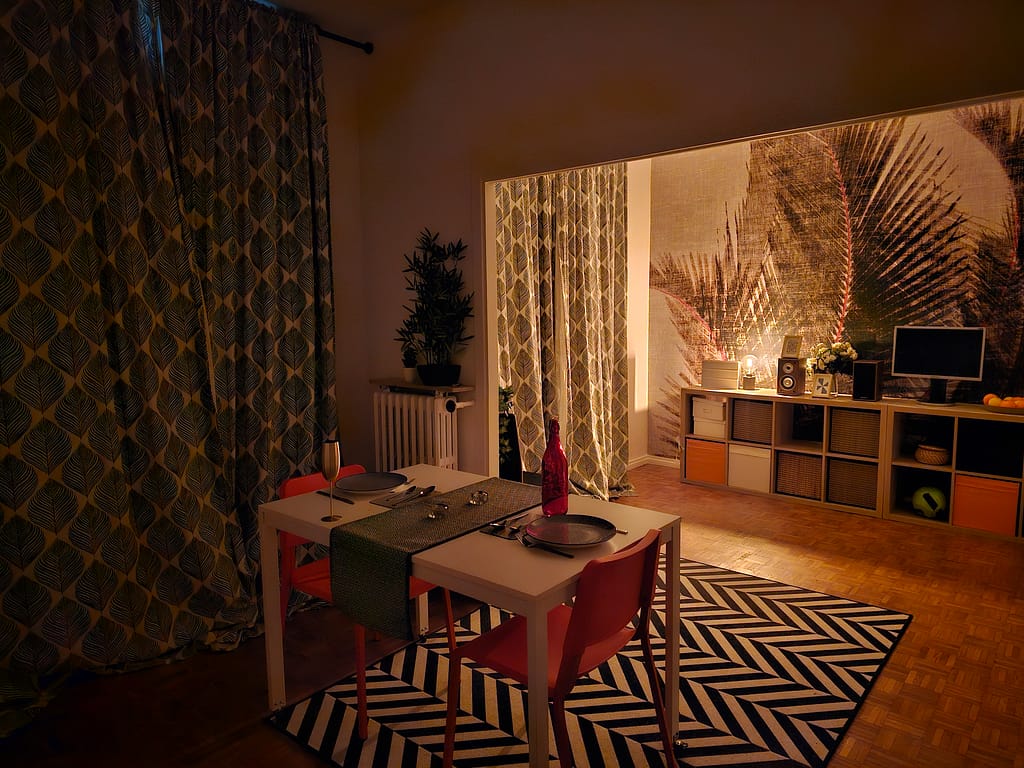
- Advanced Camera Capabilities: A 200MP sensor and adaptive pixel technology ensure sharp, bright images.
- Why It’s Ideal for Night Shots: The dedicated night mode and AI enhancements set it apart.
Google Pixel 8 Pro
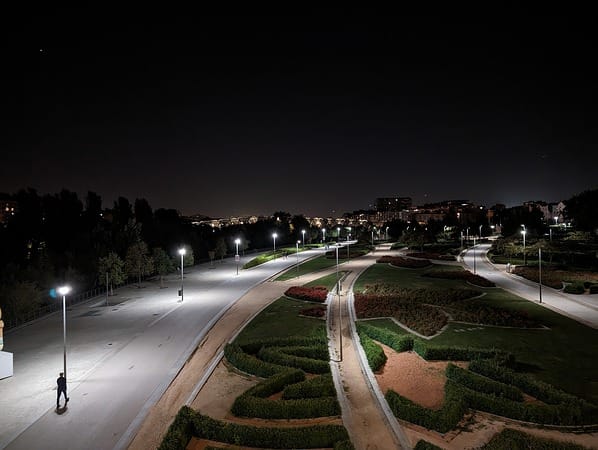
- AI-Driven Night Sight: Delivers stunning detail even in pitch darkness.
- Pixel’s Consistent Excellence in Low-Light: Google’s computational photography has long been a benchmark.
Huawei P60 Pro
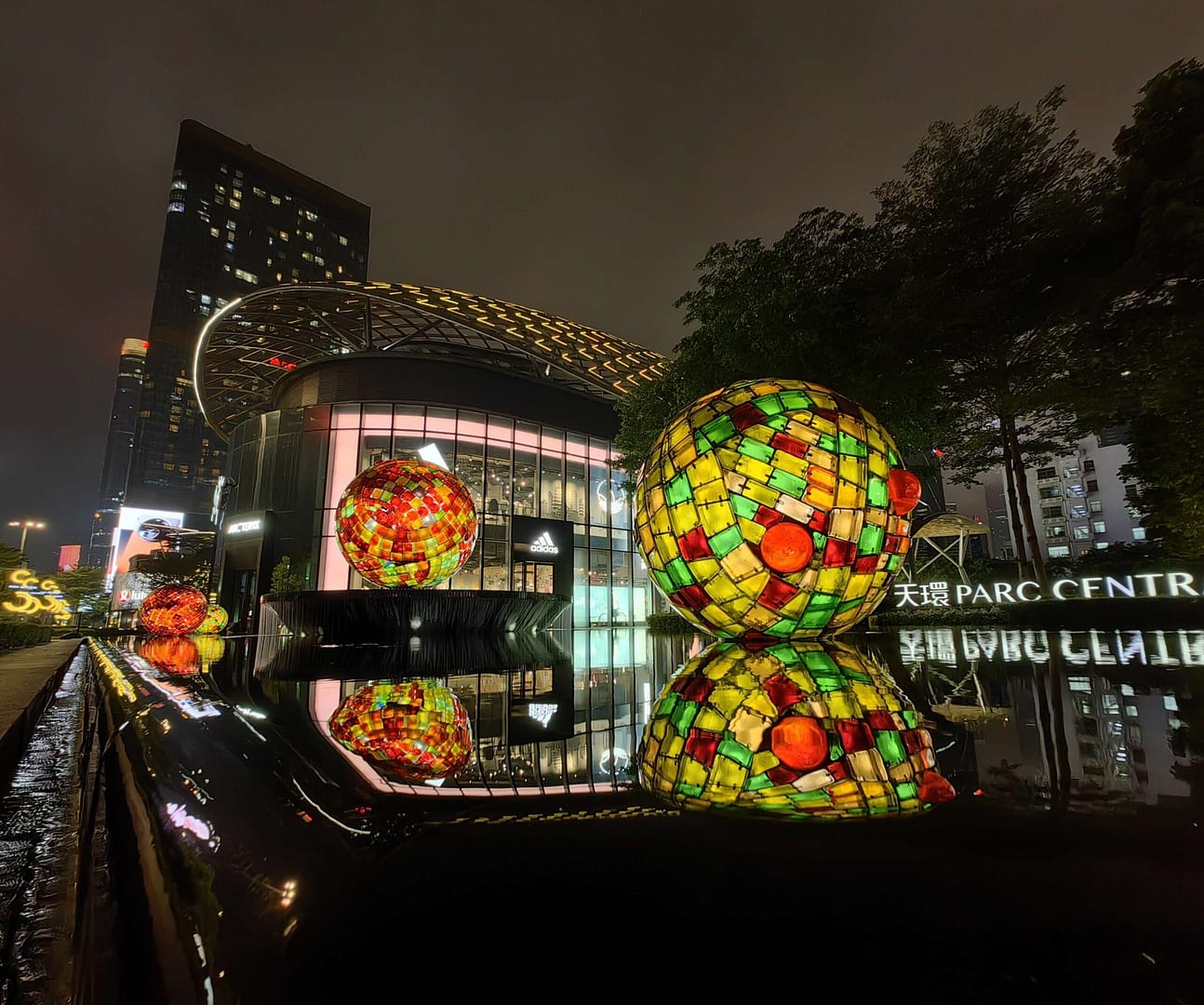
- Unique Features for Low-Light: Includes variable aperture and exceptional sensor size.
- Performance Comparisons: Holds its own against giants like Samsung and Apple.
Comparing Low-Light Photography Across Smartphones
Real-World Photo Comparisons
Seeing is believing—comparative tests often reveal subtle differences in color accuracy, sharpness, and brightness.
Best Bang-for-Your-Buck Options
For budget-conscious buyers, phones like the Google Pixel 7a offer excellent low-light performance at a fraction of flagship prices.
Tips for Capturing Stunning Low-Light Photos with Smartphones
Using Night Mode Effectively
Hold your phone steady for the best results, or use a tripod for even better stability.
Stabilization Techniques
Use objects like railings or walls to steady your phone if a tripod isn’t handy.
Adjusting Exposure and ISO Settings
Manually tweak these settings in Pro Mode to control light and reduce noise.
The Future of Smartphone Low-Light Photography
Advancements in Sensor Technology
Expect even larger sensors and better light-gathering abilities shortly.
Potential of Computational Photography
AI will likely take over even more, producing DSLR-quality images with just a click.
Conclusion
Smartphones like the iPhone 15 Pro, Samsung Galaxy S23 Ultra, and Google Pixel 8 Pro prove that you don’t need a professional camera for stunning low-light shots. Invest in a phone that fits your needs, and don’t shy away from exploring your creative side at night. With the right features and techniques, the night sky’s the limit.
FAQs
1. Which smartphone has the best low-light camera in 2024?
The Samsung Galaxy S23 Ultra and Google Pixel 8 Pro lead the way.
2. How does night mode improve low-light photography?
Night mode combines multiple exposures to brighten and enhance details.
3. What features should I look for in a smartphone for low-light photography?
Look for large sensors, wide apertures, and strong AI capabilities.
4. Can I capture professional-quality low-light photos with a smartphone?
Absolutely! Many flagship phones rival DSLR quality in low light.
5. How does AI enhance low-light camera performance?
AI reduces noise, balances colors, and enhances image details seamlessly.
